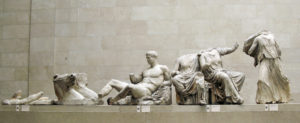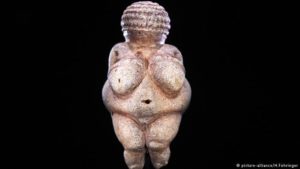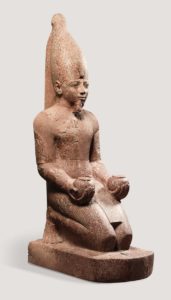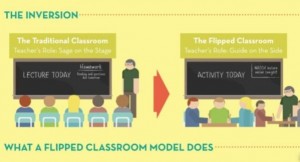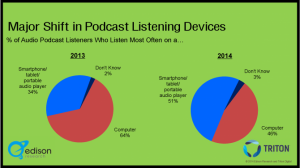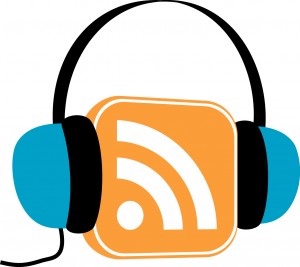Podcasting During The Era of Covid19
 In March, our life as we knew it took a severe turn, the pandemic was reaching an unprecedented spread and my college shut down and decided that from that moment on every class would be taught 100% online. This new situation was difficult both for faculty and students and we all found ourselves adjusting to a new life and work from home. My college has had for over 10 years a robust and well oiled faculty training program and each department immediately after the shut down organized trainings and support services for students, staff, faculty. It was not an easy transition for all, and many faculty who do not have good basic computer skills struggled to teach online. In addition, it was hard to help them, via Zoom, and at a distance. I believed this was partly to blame for the quality of the instruction in these classes which was impacted by the lack of preparedness. This is a larger issue that should be discussed in another blog post, however, I must say that professors also must take responsibility for not keeping up with a world that is moving rapidly online and requires continuous training. To bridge this gap, after the semester was over my college, and CUNY organized several online course developments trainings which were aimed at training both full-time and part-time instructors.
In March, our life as we knew it took a severe turn, the pandemic was reaching an unprecedented spread and my college shut down and decided that from that moment on every class would be taught 100% online. This new situation was difficult both for faculty and students and we all found ourselves adjusting to a new life and work from home. My college has had for over 10 years a robust and well oiled faculty training program and each department immediately after the shut down organized trainings and support services for students, staff, faculty. It was not an easy transition for all, and many faculty who do not have good basic computer skills struggled to teach online. In addition, it was hard to help them, via Zoom, and at a distance. I believed this was partly to blame for the quality of the instruction in these classes which was impacted by the lack of preparedness. This is a larger issue that should be discussed in another blog post, however, I must say that professors also must take responsibility for not keeping up with a world that is moving rapidly online and requires continuous training. To bridge this gap, after the semester was over my college, and CUNY organized several online course developments trainings which were aimed at training both full-time and part-time instructors.
I was called to be a mentor for OCD this summer on my campus. In addition to Blackboard training 101, as mentors we added the use of podcasting and screencasting as a resource for faculty. I stress the importance of not using a tool just for the pressure of using “something” new, if you do not understand and master the tool you are introducing. Ask yourself, what will the tool allow me to teach this concept better? How will it enhance my teaching? If not, do not use it. Technology must follow theoretical pedagogical principles and learning outcomes, not the other way around. Once this is clear, then you can proceed to introduce podcasting or other tools. An extremely efficient tool that has been used remotely during this time is screencasting. It allow faculty to talk over a powerpoint, document, chart, etc, and record a short video that then can be shared by housing it on google drive or any online platform. The other benefit is that they can be watched by students who were absent or as review for an exam or assignment. Students can also be asked to create an audio file and, to address this request, in our training, we recommend the use of audacity for computers or use phone apps. We stress that the file’s denomination should be compatible with your teaching tools, so WAV. or MP3 files is what we recommend. Going to the Apple store and Play store one will find many phone recording apps, the one we recommend are Smart Record and MP3 Voice Recorder. It is extremely important that the instructor, test and learn the app very well before teaching it to students so that they can create an assignment with it. In one of my classes, I asked students to critique a film using an audio tool. These files must be short, we recommend to make all audio files less than 5 minutes and for video/screencast files less than 10 minutes.
I try to showcase tools which are free and easy to use
For faculty we recommend for podcasting Audacity
For Screencasting we recommend, Screen-cast-o-matic and icecream screencast
Phone app: Smart Record and MP3 Voice Recorder.
